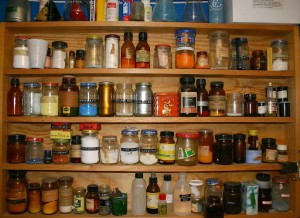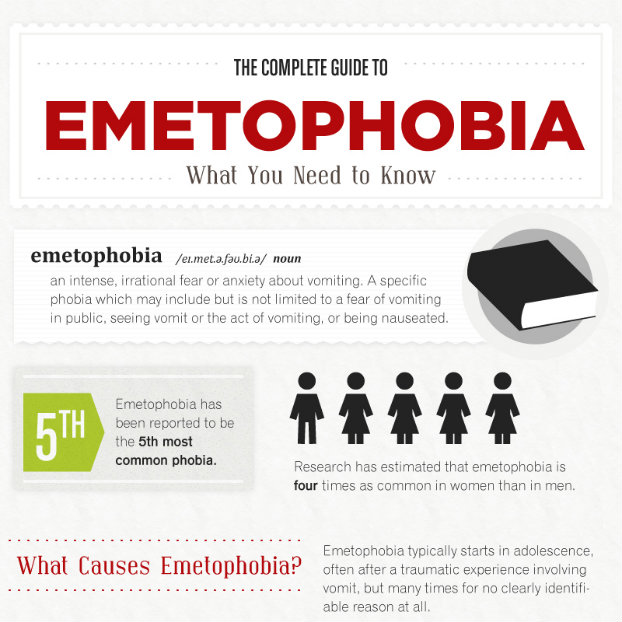 Did you know that it is common for individuals with anxiety disorders, including emetophobia, to be deficient in multiple essential vitamins and minerals? Vitamin deficiency brings with it a whole host of symptoms and, for many, anxiety and depression top the list.
Did you know that it is common for individuals with anxiety disorders, including emetophobia, to be deficient in multiple essential vitamins and minerals? Vitamin deficiency brings with it a whole host of symptoms and, for many, anxiety and depression top the list.
Vitamins
B Vitamins – Known as anti-anxiety vitamins, B-vitamins help stabilize neurotoxic chemicals in the brain, therefore improving the ability to handle stress and anxiety. A B-vitamin-complex is often the first supplement suggested for managing anxiety.
Vitamin C – Adequate levels of vitamin c are required for proper synthesis of neurotransmitters in the brain, and vitamin C deficiency has been tied to an increase in the production of various stress hormones.
Vitamin D – Vitamin D deficiency is becoming extremely common in the United States, as more and more people are spending less and less time outside. For those with an anxiety disorder, such as emetophobia, decreased exposure to sunlight can increase symptoms of depression and anxiety. As little as 15 minutes a day sitting in direct sunlight can provide the recommended daily dose of vitamin D. Vitamin D is also available in tincture or pill form.
Minerals
Calcium – Calcium deficiency can effect more than just a person’s bones and teeth. Calcium is one of the most commonly suggested supplements for individuals with anxiety. Symptoms of calcium deficiency can include: insomnia, anxiety, fatigue, weak immune system, and/or bone and teeth deterioration.
Iron – It is estimated by the World Health Organization that as much as 80% of the population is deficient in iron. Although the most common symptoms of iron deficiency are fatigue and weakness, anxiety symptoms can also manifest.
Magnesium – Magnesium is often referred to as the anti-stress mineral. Magnesium deficiency can manifest itself in a number of different ways. Some of the most common symptoms of depletion include: headaches, insomnia, anxiety, cramps and muscle spasms, depression and chronic fatigue. Magnesium supplements are available in topical as well as oral forms.
Potassium – Anxiety is a common symptom of potassium deficiency. Potassium supplements are strictly regulated and it is difficult to get supplements strong enough to make much of a difference. The best way to ensure you are receiving enough potassium is by making potassium-rich foods a staple in your diet. Foods high in potassium include (but are not limited to): bananas, tomatoes, peaches, prunes, artichokes, lima beans, sunflower seeds, and almonds.
The simplest and most effective way to ensure that you are getting all of the vitamins and minerals that your body needs is by eating a varied diet that is low in processed-food and rich in whole-foods. Since this is easier said than done for most with emetophobia (due to the avoidance of certain food), food-based supplements are generally the the next best thing.





